Diarrhea and Children and Babies
Diarrhea (or diarrhoea as us Brits call it) is common in childhood and part of your normal kids health. In the developing world, diarrhea is a major cause of illness and death. Fortunately for us in the developed world we have clean water and our children are better nourished. Here in the developed world it is very rare for children to die from diarrhea, but they can become unwell and need to be admitted to hospital. Diarrhea is one of the leading causes of hospitalisation for babies.
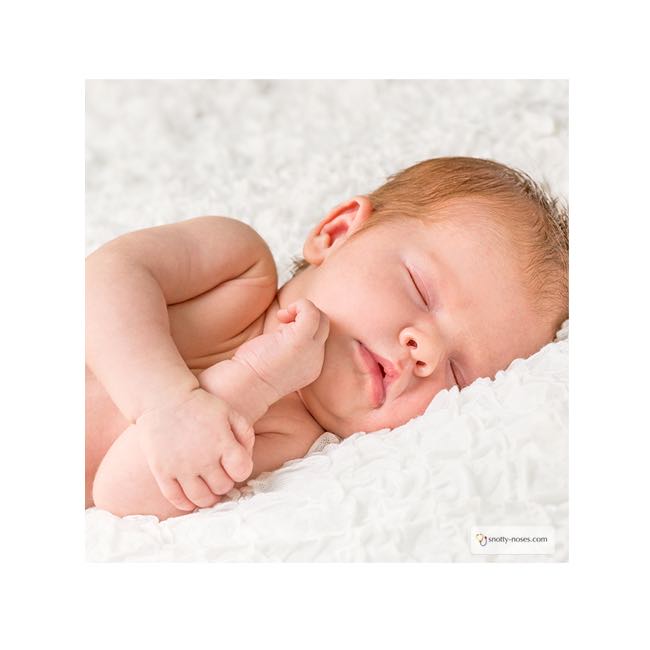
What causes Diarrhea in Children and Babies?
The commonest cause of diarrhea, with or without vomiting is gastroenteritis, otherwise known as a tummy bug. Most tummy bugs are caused by viruses. Over 20% are caused by a bug called rotavirus. There is now a vaccine for rota virus that is given to babies in many countries, including the UK.
There is no ‘cure’ for diarrhea caused by a virus. It is a matter of sitting it out and making sure that your child is as comfortable as can be and doesn’t get dehydrated.
Symptoms of Diarrhea in Children and Babies
Diarroea is the passage of loose watery poo (stool), generally with an increase in frequency. The child may or may not have vomiting as well. Children with gastroenteritis may well have tummy ache but they do not have a high temperature. The vomiting tends to last for a day or two and the diarrhoea for 5-7 days. However, it is possible for the diarrhoea to last as long as 2 weeks. If your child has blood in their poo or a high temperature, you should take them to the doctor. If you have recently returned from travelling abroad, especially to a developing country, it is recommendable to go to your doctor as well.
- Lots of watery poo
- Vomiting
- Tummy ache
- Mild fever
Diarrhea may last for two weeks.
When to go to the Doctor:
- Refusing fluids
- Concerns about dehydration
- Blood in poo
- Continues longer than 2 weeks
- Recently returned from a developing country
- High temperature
Keeping your Child Hydrated
The main concern with children who have diarroea is that they will become dehydrated. It is therefore important to continue to give them fluids to drink.
NICE guidelines recommend that for children who are not dehydrated you:
• Continue with breastfeeding and other milk
• Encourage oral fluids
• Discourage drinking fruit juices and carbonated drinks
• Offer oral rehydration salts (ORS) as supplemental fluids to those who are at higher risk of developing dehydration, this includes all children under the age of 1.
Check out Signs of Dehydration.
Can my Child Eat when they have Diarrhea?
Your child will probably not want to eat when they are unwell and that is absolutely fine. If they are asking for something to eat (and aren't being treated for dehydration, see below) give them something bland such as toast or porridge (oatmeal).
Dehydration and Diarrhea in Children
Most children who have diarrhea will recover quickly, but some will become dehydrated. Babies under 1 are at particular risk of becoming dehydrated. Other risk factors include children who haven’t drunk very much and those that have severe diarrhea (more than 5 poos in 24 hours) and vomiting (more than 2 vomits in 24 hours), children who are malnourished.
Symptoms of Dehydration
Symptoms of dehydration include your baby being lethargic and drowsy, not passing as much urine as possible (always difficult to tell when a nappy is full of diarrhoea), seeming unwell, being restless or irritable, having a dry mouth (doesn’t always indicate dehydration as some children breath through their mouths), being unable to produce tears.
• lethargic and drowsy
• not weeing very much
• restless or irritable
• dry mouth
• can't produce tears
If you think your child may be dehydrated, take them to your doctor. If your doctor thinks that they are dehydrated they will send you to hospital. If your child is mildly dehydrated they will give them oral rehydration salts in order to rehydrate them. During this time, your baby can have breast milk. Your doctor may let your child drink their normal drinks if they are not drinking the oral rehydration salts (this includes formula but not fruit juice or carbonated drinks.) NICE recommend that you don’t give them solid foods to eat at this time. Rehydration should take about 4 - 5 hours if you can get your child to drink the oral rehydration salts. After that time, they can resume their solid foods. If they have stopped their milk, they can restart it at its normal strength.
If your child is more severely dehydrated they may give you fluids via a tube into the stomach or directly into a vein.
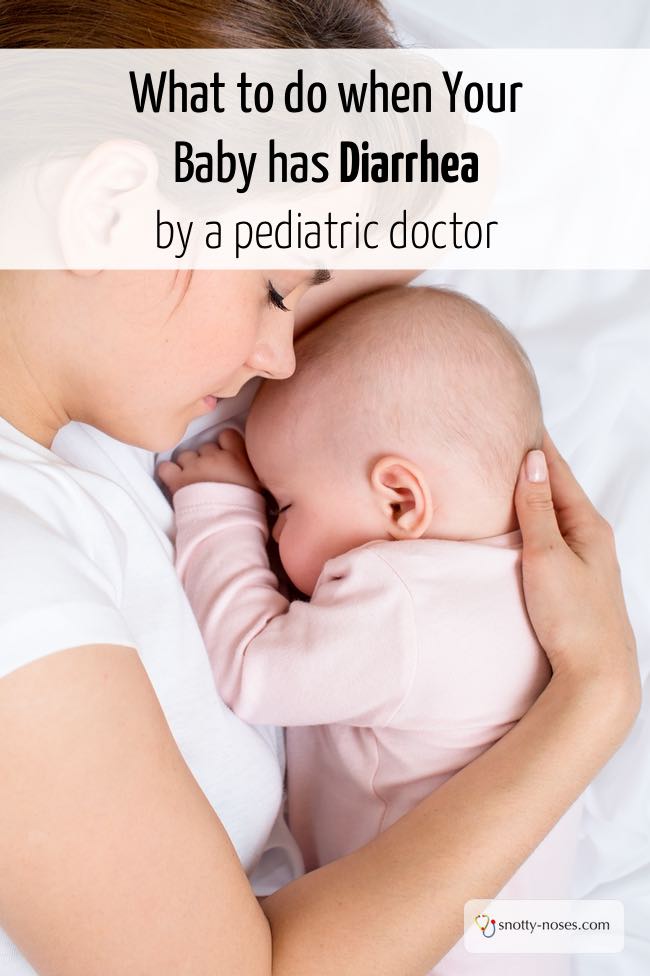
NICE Guidelines
NICE guidelines recommend that for children who are not dehydrated you:
- Continue with breastfeeding and other milk
- Encourage oral fluids
- Discourage drinking fruit juices and carbonated drinks
- Offer oral rehydration salts (ORS) as supplemental fluids to those who are at higher risk of developing dehydration, this includes all children under the age of 1.
Preventing Diarrhea Spreading
If your child has diarrhea it is important to prevent it spreading to other people (including yourself as looking after children is really difficult when you’re ill.) The most important factor is good hygiene, washing your hands with soap after changing nappies, going to the toilet and before preparing or eating food. Each person in the house should have a separate towel, children should not go to nursery for 48 hours after the last episode of vomiting or diarrhoea and they should not go swimming for 2 weeks after the symptoms have stopped.
- Wash hand with soap frequently
- Use separate towels
- Don’t go to nursery
- Don’t go swimming for 2 weeks
Secondary Lactose Intolerance
Secondary lactose intolerance is a condition that occasionally occurs after having diarrhea. Lactose is a sugar found in milk (both in breast milk and formula). The symptoms of secondary lactose intolerance are continued diarrhea (especially after eating diary products). It generally resolves by itself. Some doctors used to recommend that babies be given special formulas which didn’t contain lactose (either soy products or treated cows’ milk) in order to prevent secondary lactose intolerance. However, the vast majority of children do not develop secondary lactose intolerance. A lactose free diet is only advised if a child does develop lactose intolerance and has severe and continuing symptoms. It is also worth noting that it isn’t clear from the evidence that lactose free milk actually shortens the length of diarrhea.
Diarrhea in Summary
Diarrhea is a common childhood complain that is normally caused by a virus. It is important to keep your child well hydrated and to be extra careful about hygiene and washing your hands so that it doesn’t spread.
Other Useful Articles
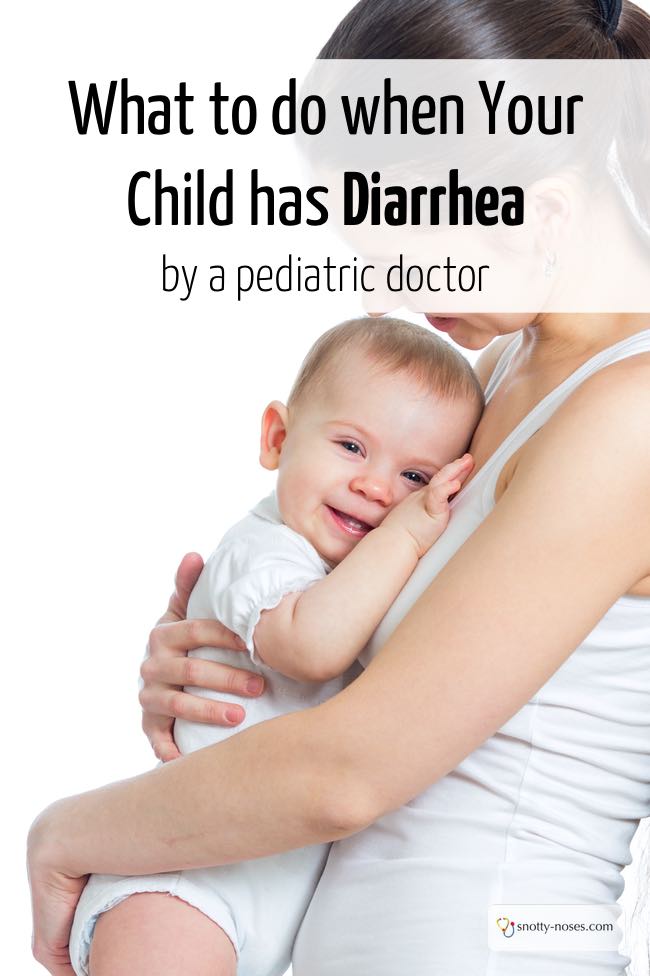
Further Reading
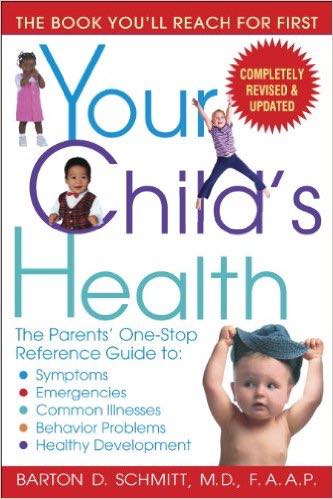
If you’d like to read more about your baby’s or child's health, Your Child’s Health is a comprehensive guide to child health. It includes every topic you’d like to read about from babies, through toddlers to older children. It has a great section on major symptoms including rashes.
It’s available either as a paper back or if you want it right now, you can buy it on kindle.
If you’re in the USA you can buy it here (affiliate link):
If you’re in the UK you can buy it here (affiliate link):
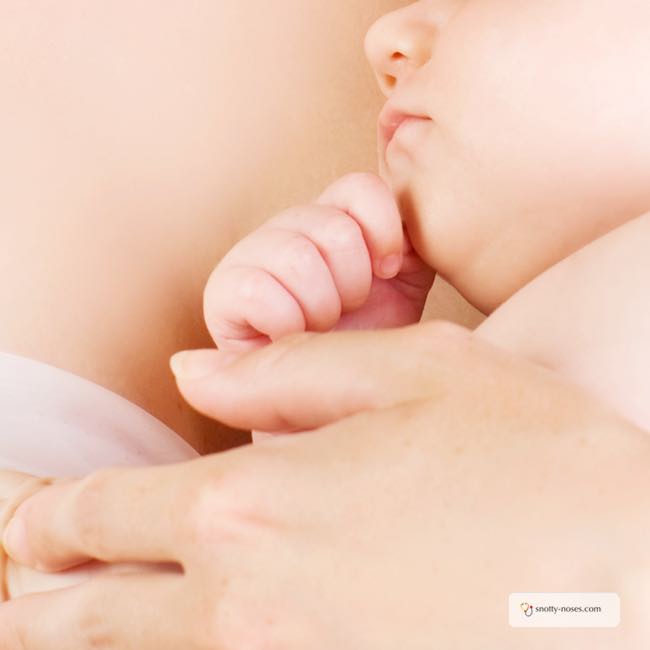
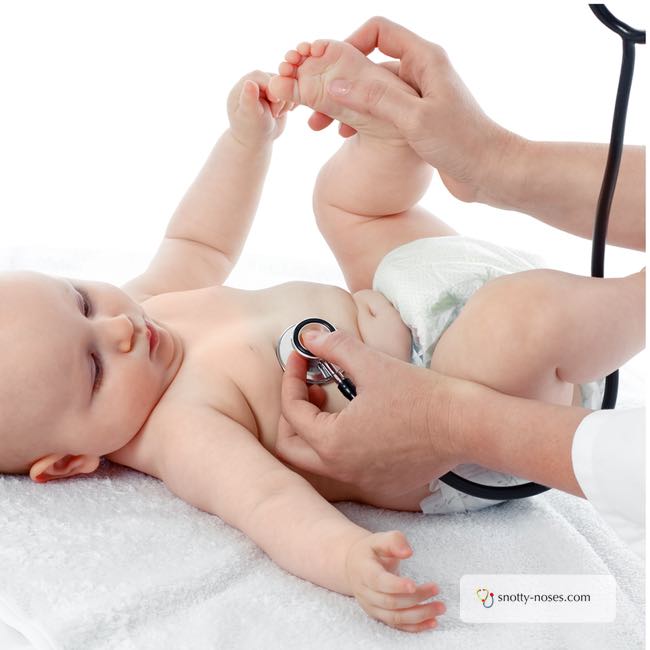
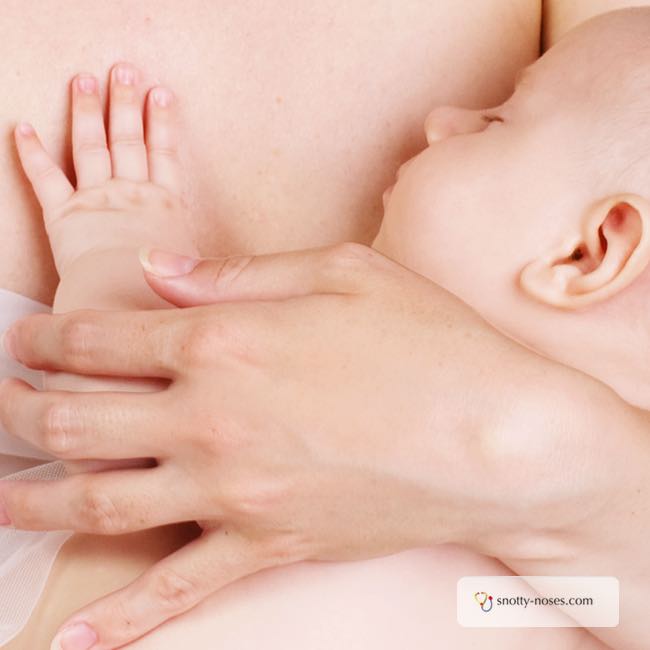
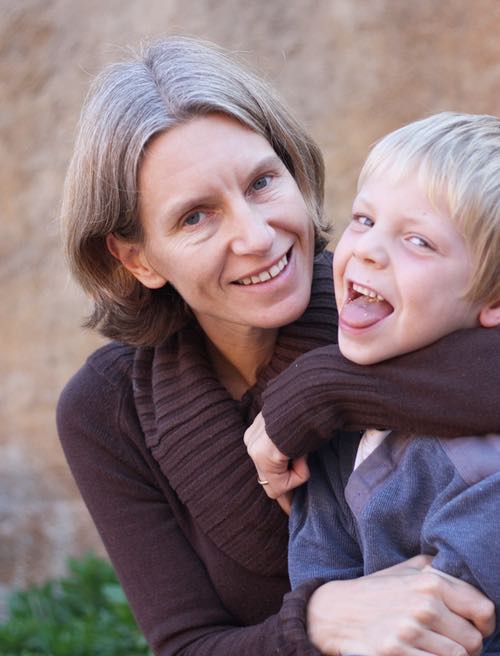
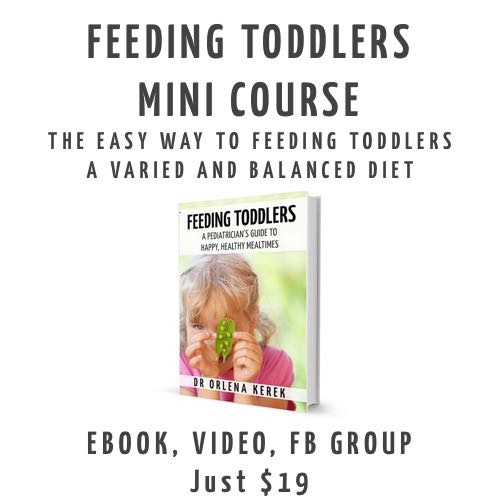 Feeding Toddlers.
Feeding Toddlers. Would you like your kids to eat more healthily? Check out the book!
Would you like your kids to eat more healthily? Check out the book!